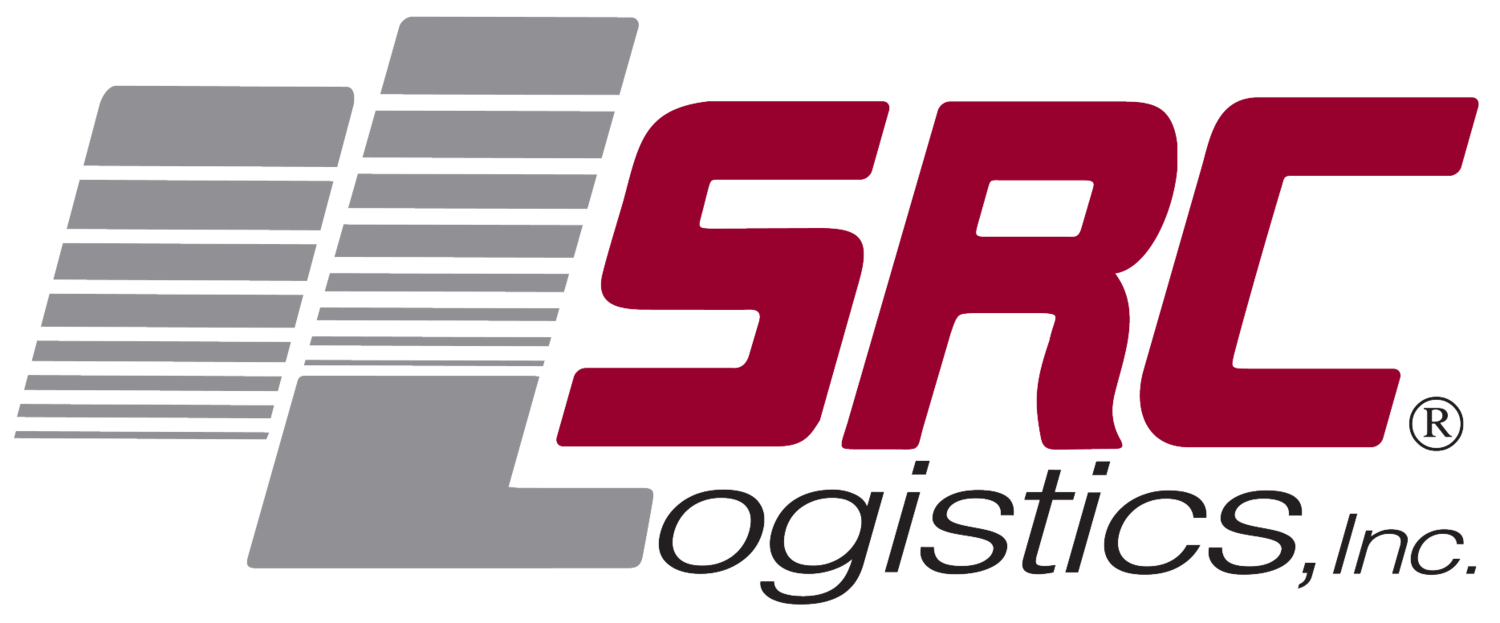Nvidia goes big, teams up with PACCAR on self-driving trucks
PACCAR manufactures several popular brands of semi truck, and Nvidia is working on the future brains of self-driving cars. Sounds like a perfect match to me.
Nvidia and PACCAR have announced a collaboration, wherein the two companies will work on developing a self-driving truck system. "This is probably largest single mass of a product that we've helped make," said Jen-Hsun Huang, CEO of Nvidia, to a crowd at the Bosch Connected World conference.
So far, proof of concept is limited to a single video. It shows a PACCAR truck navigating curvy roads and undergoing simple tasks without a human at the wheel. That's far from existing alongside humans in traffic, but it's an important step in making that happen. PACCAR manufactures popular truck models from Kenworth, Peterbilt and DAF.
The truck is capable of SAE Level 4 autonomy, which means the truck is capable of driving itself, monitoring the environment and acting as its own fallback, albeit only in certain driving modes. It's built using Nvidia's Drive PX 2, a computer built specifically for autonomy. It's used in Roborace cars, as well as Tesla's latest iteration of Autopilot.
There are very clear benefits to self-driving trucks. Nvidia notes the obvious ones -- increasing safety and enhancing efficiency -- but it also made mention of improving driver productivity. That's an important inclusion, as it acknowledges that humans will still be required when self-driving trucks take over.
Perhaps the truck will continue on its route while the human sleeps after 8 hours of manned driving, or maybe it means the human will take care of the more specialized parts of the job, such as hooking up trailers and taking care of routine maintenance. Either way, considering there are some 300 million trucks on roads around the world, it's good to know that autonomous trucks won't eliminate every single trucking job.
Nevertheless, it's still a concern. Removing the human element from a majority of a truck's operating conditions means millions of jobs might be lost. Some are willing to accept this in the name of safety and efficiency, but for the people receiving the paychecks, it's a question of survival.
